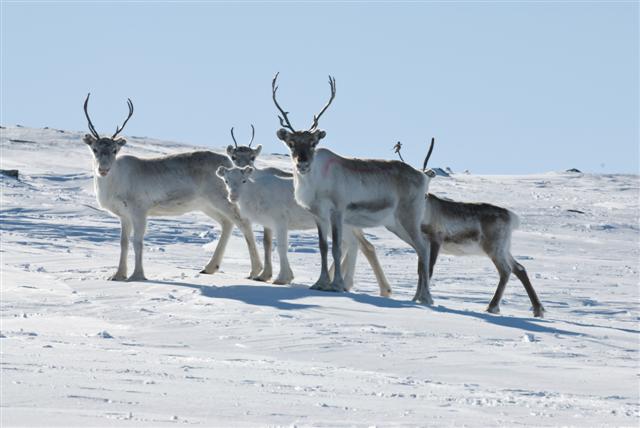By 2080, Russia might witness a vast mammalian invasion, as sub-arctic European animals flee global warming and adapt to a thawing tundra. This is the result of a newly published study in the journal PloS One.

"North Western Russia will be some kind of hotspot of species richness," said Christer Nilsson, an ecology professor, via Skype from Umeå University in Sweden to the website Mother Jones. "Species will be on the move and there will be new combinations of species."
Red and fallow deer, wild boar, the Eurasian badger, rabbits, mice and beaver will all be on the move as new tracts of habitable land open up.
In a surprising twist, Professor Nilsson and his team found that most species in the Barents Region, which includes the northern half of Norway, Sweden, Finland and a big chunk of North Western Russian, will actually be favored by climate change.
Forty-three out of the 61 animals studied will expand and shift their "ranges"—or habitats—mostly in a north-easterly direction, sometimes traveling hundreds of miles.
But no one can predict how all the animals will interact in their new, climate-changed world, and far from helping animals, climate change might force new, and deadly, interactions: "Predators might be in contact with new prey," Nilsson said.
The report found something encouraging: No extinctions predicted in the area surveyed. "We couldn't find any evidence that any species will disappear, given the climate change predictions we've used," Nilsson said. Nevertheless, vulnerability of those already threatened may increase due to the introduction of new competing or predatory species.
Sources
